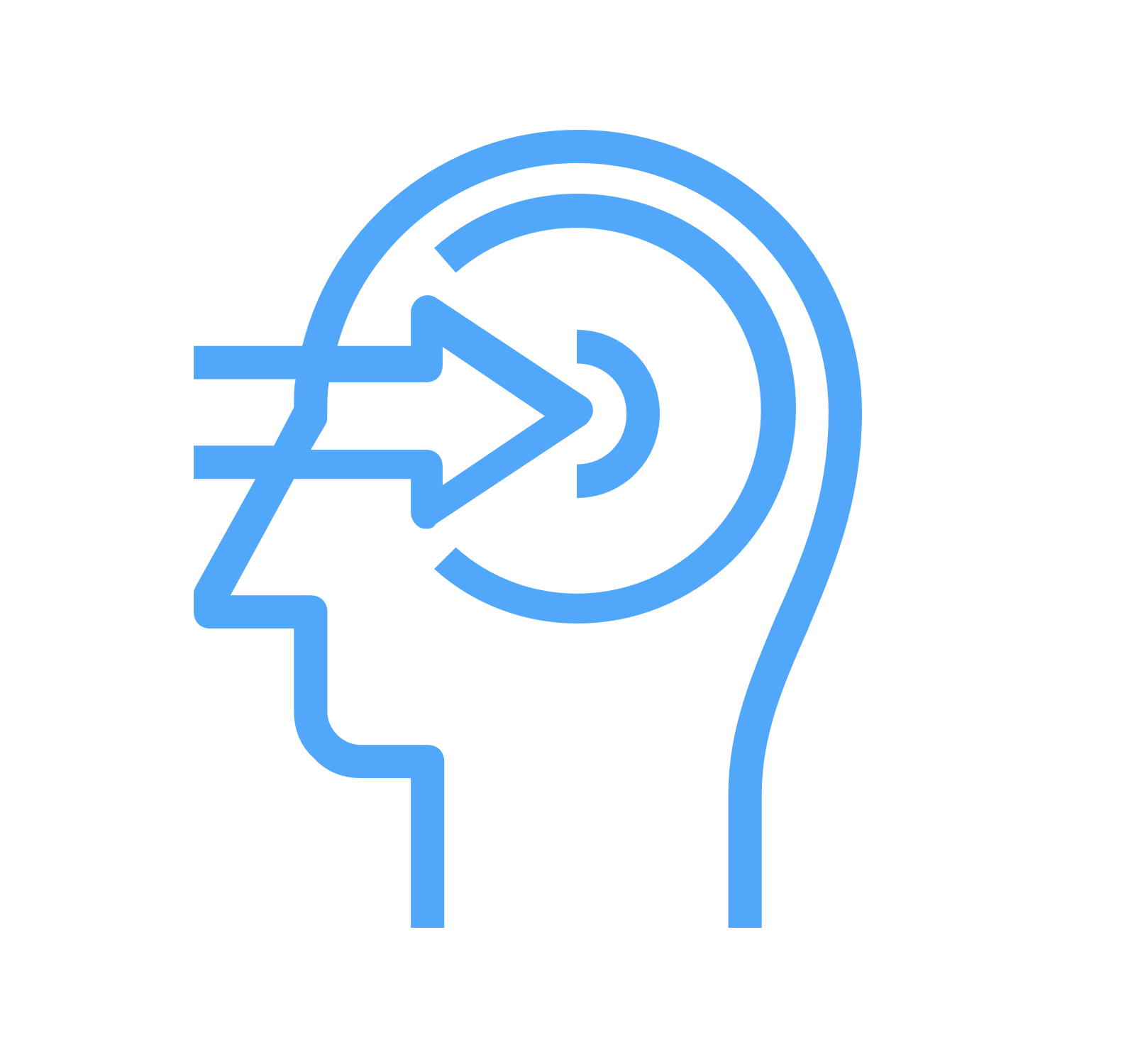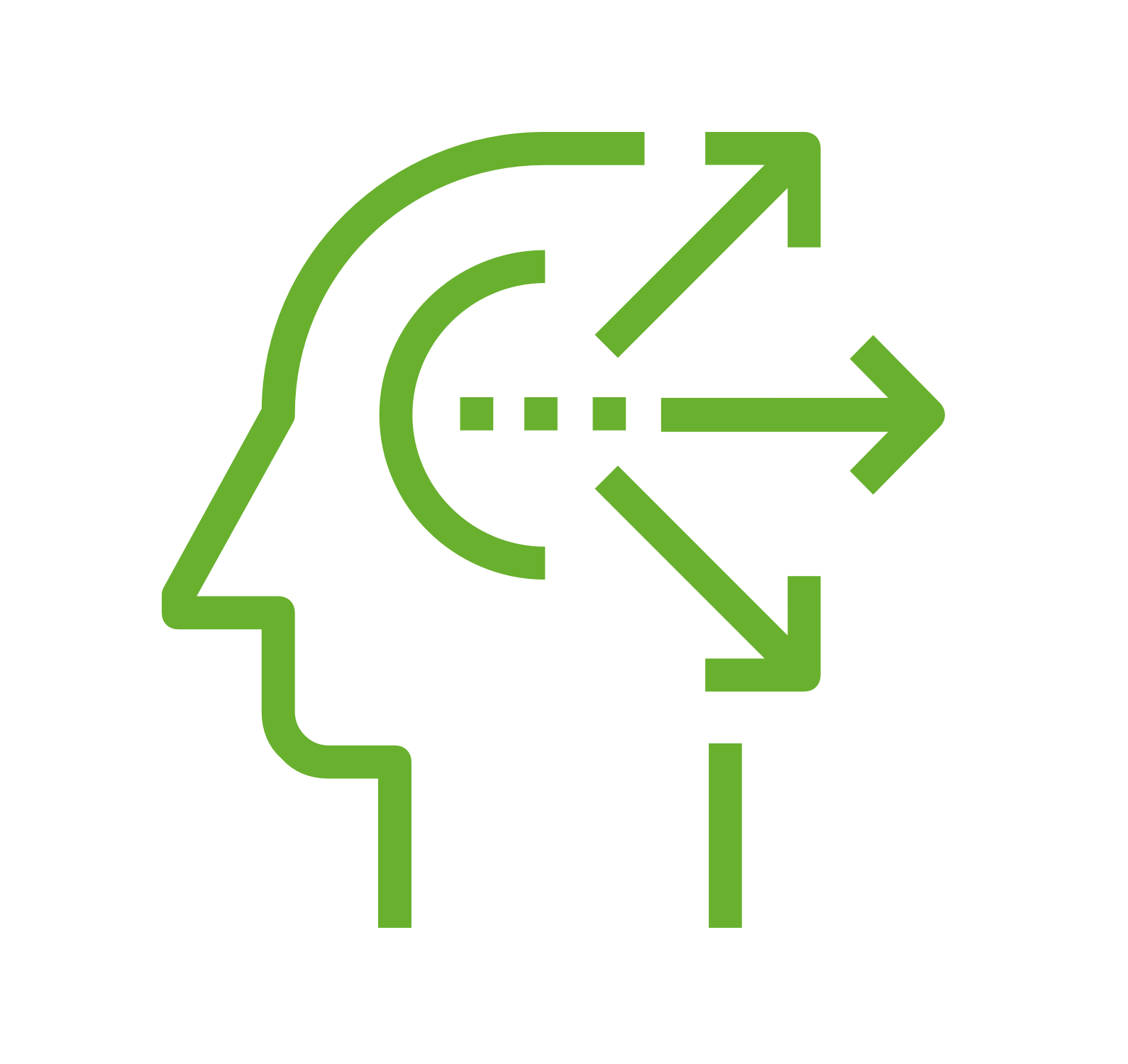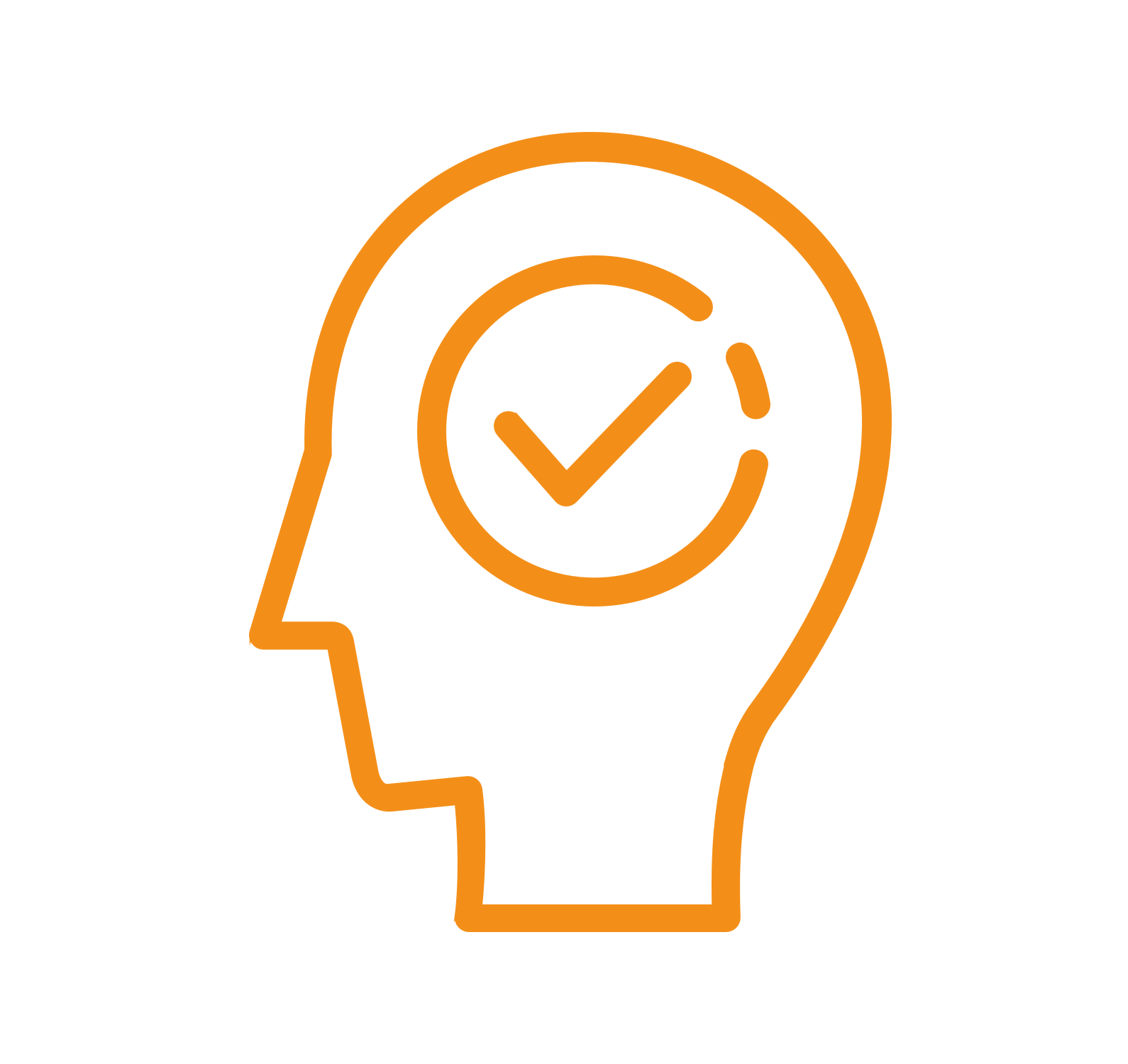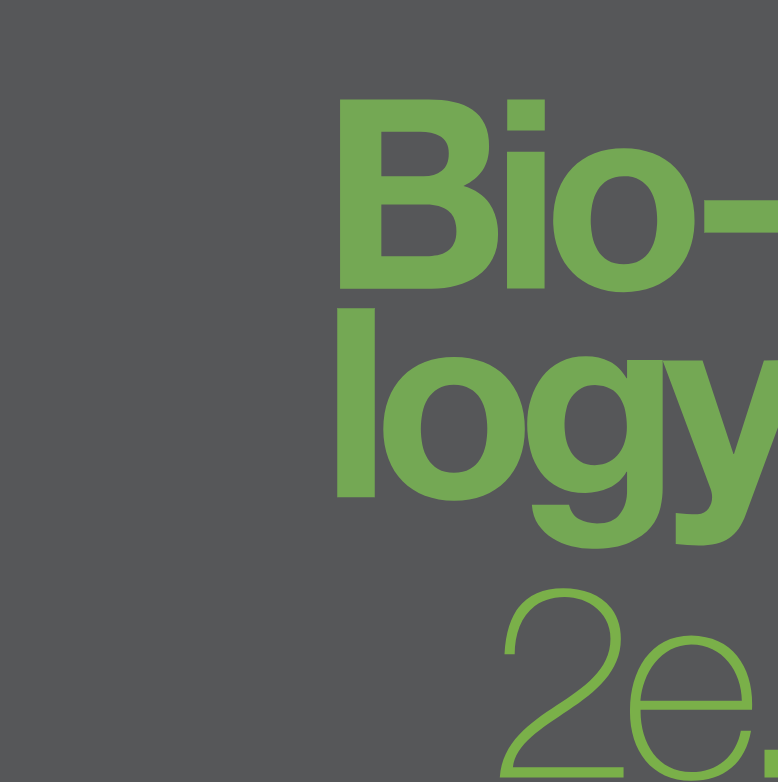
Biology 2e
The comprehensive contents from this book, combined with Odigia’s Teaching and Learning Tools have everything you need to engage, collaborate, track and assess your students.
This course includes:

662
practice questions

142
engagement activities

280
assessment questions
Helping Teachers Do What They Do Best: Teach

Customize
Use our courses as is or easily customize them to fit your teaching style and the needs of your students. You can add your favorite resources, hide and show our existing content and pre-built assessments, or make them your own. Everything your students need, in one place!

Engage and Collaborate
Odigia combines learning materials, discussions, and tools to create a familiar social experience for students allowing you to easily connect and redirect students attention.

Track
See how much time students are spending on different areas of the course, which areas are creating the most amount of engagement and identify topics the students are struggling with. Flag and provide feedback on assignments to proactively meet individual students' needs.

Assess
Game theory allows students to monitor their progress visually and motivates them to stay on track. Students can see exactly what activities they need to complete, which ones have been flagged and compare their progress against the overall class.
Biology 2e Course Outline
What makes Biology the study of life?
- What are the shared characteristics of the Natural Sciences?
- What are the Themes and Concepts of Biology?
What is the Chemical Foundation of Life?
- What are the Building Blocks of Life?
- Why is Water so Important in Life?
- What Role does Carbon have in Life?
How are Macromolecules Involved in Life?
- What is the Synthesis of Macromolecules?
- When is a Macromolecule Considered a Carbohydrate?
- What are the Major Roles of Lipids?
- How are Proteins Related to Our Body’s Functionality?
- What do Nucleic Acids have to do with DNA?
What is a Cell Structure Composed of?
- What does a Cell do for an Organism?
- What Distinguishes a Prokaryotic Cell from a Regular Cell?
- How are Eukaryotic Cells Different from Prokaryotic Cells?
- How do the Endomembrane System and Proteins Work Together?
- Why is the Cytoskeleton Important in Cell Composition?
- How are Cells and Cellular Activities Connected?
What is the Structure and Function of Plasma Membranes?
- What is a Cell Membrane Made of?
- How is Passive Transport involved?
- When does Active transport Occur?
- What Happens during Bulk Transport?
How does Metabolism Work?
- How does Energy Play a Role in Metabolism?
- What are the Different Types of Energy in the Process?
- What are the Laws of Thermodynamics?
- When does the Process of ATP Occur?
- How do Enzymes Work?
When does Cellular Respiration Occur?
- What is the Relationship Between Energy and Living Systems?
- What Happens during Glycolysis?
- How does Oxidation of Pyruvate and the Citric Acid Cycle Begin?
- Why is Oxidative Phosphorylation an Important Process?
- What is Difference Between Anaerobic Cellular Respiration and Fermentation?
- How are Carbohydrates, Proteins, and Lipid Metabolic Pathways Connected?
- Why do Organisms Need to Regulate Cellular Respiration?
What is Photosynthesis?
- Why is Photosynthesis Important?
- How do the Light-Dependent Reactions Work in Photosynthesis?
- How Can You Use Light Energy to Make Organic Molecules?
How do Cells Communicate?
- How do Cellular Receptors and Signaling Molecules Work Together?
- When does the Propagation of the Signal Take Place?
- What Happens When the Cell Responds to the Signal?
- What is Different in the Signaling of Single-Celled Organisms?
Why do Cells Reproduce?
- What Takes Place during Cell Division?
- What is the Cell Cycle?
- What Has Control of the Cell Cycle?
- When Could Cancer be Detected in the Cell Cycle?
- Why do Prokaryotic Cells Divide?
What do Meiosis and Sexual Reproduction have in Common?
- Why does the Process of Meiosis Occur?
- What is Sexual Reproduction?
How are Mendel's Experiments Important to Heredity?
- Who created the laws of probability?
- What is the difference between characteristics and traits?
- When are the Laws of Inheritance applied?
Why is it Important to Understand Modern Concepts of Inheritance?
- How are Chromosomal Theory and Genetic Linkage related?
- How do chromosomes affect inherited disorders?
What is the Structure and Function of DNA?
- What Makes DNA so Special?
- How does DNA Sequencing work?
- When does DNA Replication Occur?
- What is involved in DNA Replication of Prokaryotes?
- What’s the difference in DNA Replication in Eukaryotes and Prokaryotes?
- Why does DNA have to repair?
What is the Relationship Between Genes and Proteins?
- What does a Genetic Code consist of?
- When does Prokaryotic Transcription occur?
- What is Eukaryotic Transcription?
- Why does RNA Processing happen in Eukaryotes?
- How do ribosomes assist with Protein Synthesis?
How are Genes Expressed?
- How is Gene Expression regulated?
- What is Prokaryotic Gene Regulation?
- What happens in Eukaryotic Epigenetic Gene Regulation?
- Why is Gene Regulation with Eukaryotic Transcription important?
- When does Eukaryotic Post-Transcriptional Gene Regulation occur?
- What are the steps in Eukaryotic Translational and PostTranslational Gene Regulation?
- How does Gene Regulation involve Cancer?
What is the Relationship between Biotechnology and Genomics?
- What is Biotechnology?
- What is Genome Mapping?
- How does Whole-Genome Sequencing help us today?
- Why is Genomics important?
- How does Proteomics complement Genomics?
Where do Species Come from and how do they Adapt?
- What does Evolution have to do with life?
- How do new species form?
- How does Reconnection and Rates of Speciation affect one another?
How has Evolution affected different Populations?
- What is Population Evolution?
- How is Population Genetics used?
- What happens when populations go through Adaptive Evolution?
Why Phylogenies are involved in the History of Life?
- How do we organize life on Earth?
- Why are relationships determined during Evolution?
- What are the different perspectives of the Phylogenetic Tree?
What are Viruses?
- Why do Viral Evolution, Morphology, and Classification have to occur?
- What happens in a Viral Infection and what role do hosts play in it?
- What are ways to prevent and treat Viral Infections?
- How are Prions and Viroids a presence in Viruses?
How are Prokaryotes, Bacteria, and Archaea Related?
- How can Prokaryotes vary?
- What is the structure of a Prokaryote?
- What does the Metabolism do in a Prokaryote?
- Why do Bacterial Diseases happen in humans?
- How can Prokaryotes be beneficial?
How do Protists Form?
- What is the origin of a eukaryote?
- What are the characteristics of a protist?
- How does a protist fit into a group?
- What role do protists play in the ecosystem?
Why do Fungi Exist?
- What are the characteristics of fungi?
- How are fungi classified?
- What is the ecology of fungi?
- What are the effects of fungal parasites and pathogens?
- Why is fungi important in human life?
What is the History of Seedless Plants?
- What was early plant life like?
- Why is the origin of green algae so important?
- What are bryophytes?
What is the role of seedless vascular plants?
What different types of seed plants are there?
- How have seed plants evolved?
- How are gymnosperms helpful?
- What do angiosperms do for seed plants?
- Why are seed plants important?
Why is it important for animals to be diverse?
- What features make the animal kingdom different?
- How are animals classified?
- What makes up an animal phylogeny?
- How has evolutionary history shaped the animal kingdom?
What makes an Invertebrate Different than Other Animals?
- What are characteristics of a phylum porifera?
- What is phylum cnidaria?
- How do you classify superphylum lophotrochozoa?
- What is the structure of superphylum ecdysozoa?
- What is considered a superphylum deuterostomia?
Why are Vertebrates important to the Animal Kingdom?
- How are chordates developed?
- What are the different types of fish?
- How is the life cycle different for amphibians?
- What are the main characteristics of reptiles?
- Why are birds able to fly?
- What are the different groups of mammals?
- What distinguishes primates from other animals?
What is the Form and Physiology of Plants?
- What does the plant body consist of?
- Why are the plant stems so important?
- How do the roots function?
- What are the different parts of the leaves?
- How does a plant transport water and solutes?
- Why do plants have sensory systems?
Why is Soil and Plant Nutrition important?
- What are the nutritional requirements of plants?
- What is the composition of soil?
- How are plants able to nutritionally adapt?
How do Plants Reproduce?
- How does the reproductive development and structure work?
- What is the purpose of pollination and fertilization?
- What are the advantages and disadvantages of Asexual reproduction?
How does the Animal Body Function?
- What is the form and function of an animal?
- What are the primary tissues in animals?
- Why do animals go through homeostasis?
What is involved in an Animal's Digestive System and their Nutrition?
- How do digestive systems work?
- How do nutrition and energy production work together?
- What happens during the digestive system process?
- Why does the digestive system need to be regulated?
Why do We have a Nervous System?
- What is the relationship between Neurons and Glial cells?
- How do neurons communicate?
- What does the central nervous system consist of?
- What are the main functions of the peripheral nervous system?
- Why do nervous system disorders form?
How does the sensory system work?
- What are the different parts to the sensory process?
- What is Somatosensation?
- Why are we able to taste and smell?
- What is the relationship between hearing and vestibular sensation?
- What is vision?
What makes up the Endocrine System?
- What are the different types of hormones?
- How do hormones work?
- How does the body regulate itself?
- What happens during hormone production regulation?
- Why are the endocrine glands an important part of the system?
What differentiates the Musculoskeletal System from Other Systems?
- What are the different types of skeletal systems?
- What does bone consist of?
- What role do joints play in skeletal movement?
- How are muscle contraction and locomotion helpful to us?
What does the Respiratory System do?
- How do the lungs use different systems of gas exchange?
- How is gas exchanged across respiratory surfaces?
- What happens during the process of breathing?
- Why are gases transported in human bodily fluids?
What is the Circulatory System's Role for the Body?
- What is the Circulatory System?
- What are the different components that make up blood?
- How do the Mammalian heart and blood vessels work together?
- Why is it important for the body to regulate blood flow and blood pressure?
What is the Purpose of Osmotic Regulation and Excretion?
- What is the difference between Osmoregulation and Osmotic Balance?
- How do the kidneys and Osmoregulatory organs work together?
- What do the Excretion Systems do?
- What are examples of Nitrogenous Waste?
- When does the body need to control hormones of Osmoregulatory Functions?
Why is the Immune System so Crucial?
- How are immune responses innate?
- What is an Adaptive Immune Response?
- How do Antibodies affect the immune system?
- What happens when there are disruptions in the immune system?
What is the Process of Animal Reproduction and Development?
- What are the different reproduction methods?
- What are the different methods of fertilization?
- How does human reproductive anatomy and Gametogenesis work?
- How are hormones controlled of human production?
- What is the process of human pregnancy and birth?
- How does fertilization and early embryonic development occur?
- Why does Organogenesis go along with vertebrate formation?
How does Ecology Play a Role in the Biosphere?
- What is the scope of Ecology?
- How is Biogeography and Ecology different?
- What is a Terrestrial Biome?
- How would you describe an Aquatic Biome?
- What are the effects of Climate and Global Climate Change?
How does Population Affect Community Ecology?
- What is the purpose of Population Demography?
- Why does Natural Selection have such a huge impact on life histories?
- What are some environmental limits to population growth?
- What are the dynamics of population and how are they regulated?
- Why can human population growth be a bad thing?
- How does Community Ecology function?
- What are the Proximate and Ultimate causes of behavior in behavioral biology?
Why do We have Different Ecosystems?
- What is the Ecology for Ecosystems?
- How does energy flow through Ecosystems?
- What are Biogeochemical Cycles?
How does Conservation Biology help with Biodiversity?
- What is the Biodiversity Crisis?
- Why is Biodiversity important to human life?
- When is Biodiversity threatened?
- How can we preserve Biodiversity?
Combine this content with our customizable physical or virtual Biology Labs to create a complete digital learning experience for your students.
Biology 2e is designed to cover the scope and sequence requirements of a typical two-semester biology course for science majors. The text provides comprehensive coverage of foundational research and core biology concepts through an evolutionary lens. Biology includes rich features that engage students in scientific inquiry, highlight careers in the biological sciences, and offer everyday applications. The book also includes various types of practice and homework questions that help students understand—and apply—key concepts.
The 2nd edition has been revised to incorporate clearer, more current, and more dynamic explanations, while maintaining the same organization as the first edition. Art and illustrations have been substantially improved, and the textbook features additional assessments and related resources
About the authors:
Senior Contributing Authors
Jung Choi, Georgia Institute of Technology
Matthew Douglas, Grand Rapids Community College


